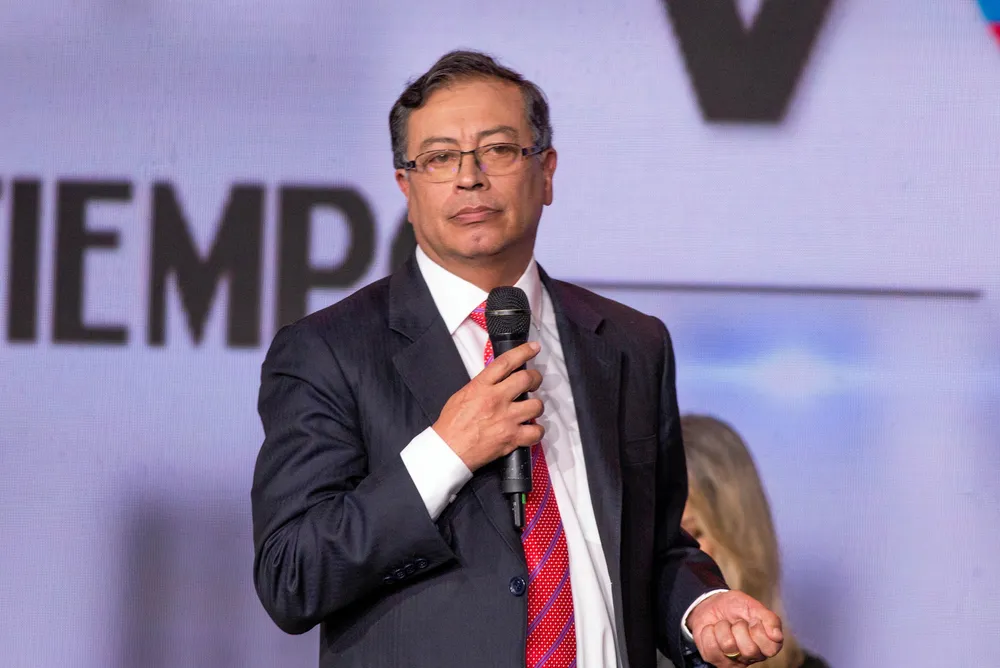EDPR faces $700m hit after quitting troubled South American wind projects
Developer's Guajira plans would have provided much needed clean energy for Colombia, but delays and uncertainty took their toll

European developer EDP Renewables has decided to walk away from 500MW of wind projects in Colombia and alerted investors to the possibility of up to €700m ($730m) in impairments and liabilities.
Challenging community relations and slow permitting are among the factors making life difficult for several onshore wind developers in Colombia, and project delays in the country were already responsible for a €178m impairment declared by EDPR in the final quarter of last year.
EDPR celebrated its arrival in Colombia in 2019 by securing both environmental permits and a 15-year power purchase agreement for the Alpha (212MW) and Beta (280MW) onshore wind projects, located in La Guajira region.
The PPA was for 1.7TWh per year of renewable energy in a country where the government has made green energy one of its flagship policies, but EDPR revealed in its statement that a number of difficulties that had led to the decision to withdraw.
These include significant permitting delays for an 81km interconnection line and other delays relating to the impacts of the 2020 pandemic.
EDPR had already entered into contractual commitments to fulfil its obligations under the PPA, ordering 90 Vestas V162-5.6MW turbines, with balance of plant.
Faced by delays, the wind turbines designated for the two projects were transported and stored at a port facility in La Guajira in mid-2021.
In its statement, EDPR also cited the impact of measures taken by the Colombian government that took office in 2022. The utility said “substantial adjustments” were requested for the interconnection line's environmental permit, including the increase in the number of local indigenous communities to be consulted from 56 to 113.
The company described material delays in the development process and a significant increase in construction and financing costs, plus devaluation of the Colombian peso.
'No visibility on regulation'
EDPR said the decision to pull out could generate up to €700m in potential losses, including the full impairment of the projects and €200m connected to guarantees and estimated liabilities potentially to be paid in the future.
“These amounts will be treated as non-recurring events, having no impact on either the recurring net income or the company's dividend policy,” the company stated.
EDPR said it had developed several initiatives with the new government and Colombian regulators "highlighting the urgency of measures required to rebalance the economics of the projects", and managed to reach bilateral renegotiation of 81% of the total PPA volumes of energy, with the consequent suspension of the energy delivery for more than two years.
However, EDPR said “no visibility has been attained on the improvement of the regulated revenues’ framework… and on other potential measures described as crucial to enable the construction of wind projects".
Commercial operations on Alpha and Beta were originally scheduled to being in 2022.
In its statement, EDPR described the La Guajira region as a good location in terms of wind resources and an expected generation of 2.5 TWh/year, which would make a decisive contribution to Colombia's energy diversification and transition objectives.
President Gustavo Petro – whose left-leaning administration was elected in 2022 – has pledged to replace oil jobs with clean energy opportunities, but progress on this has so far been limited, with more news about big offshore gas discoveries than green energy investments.